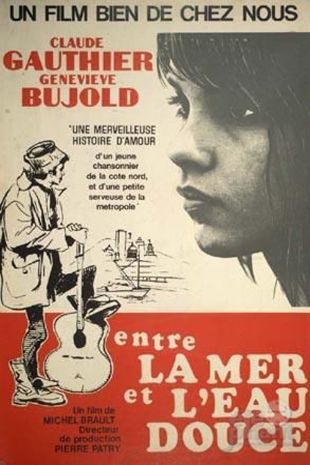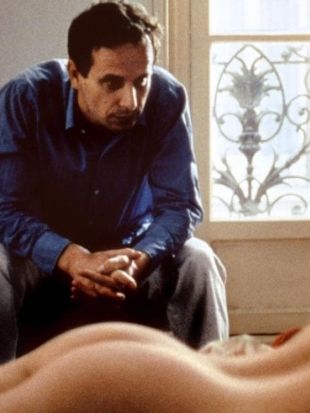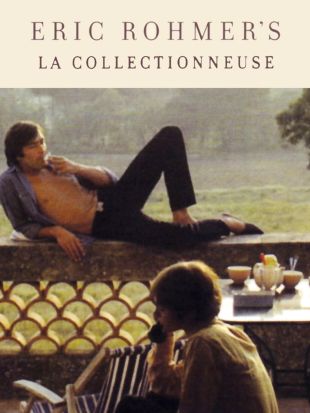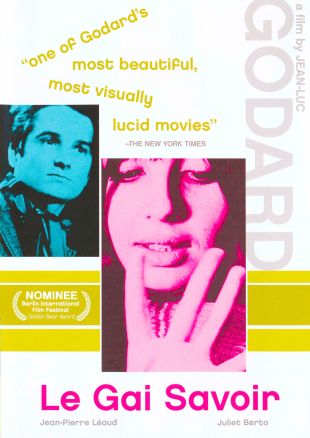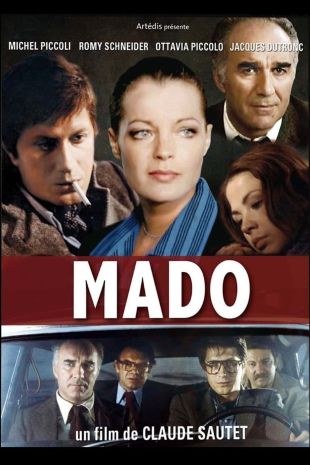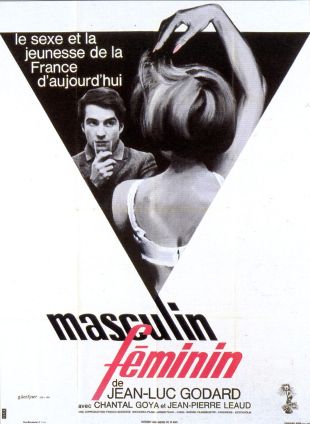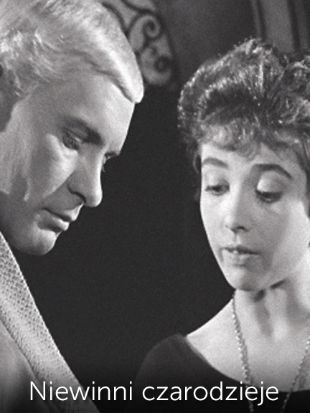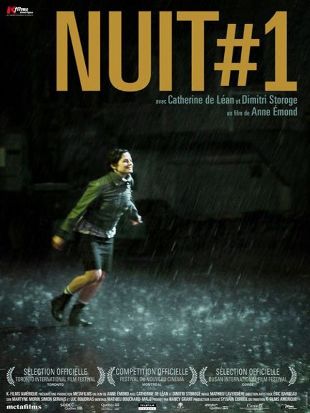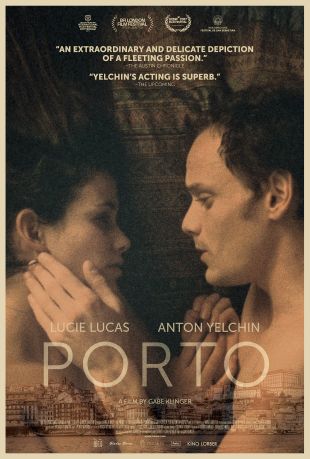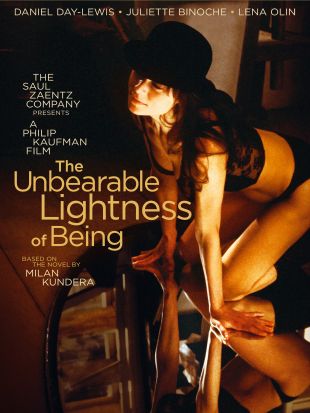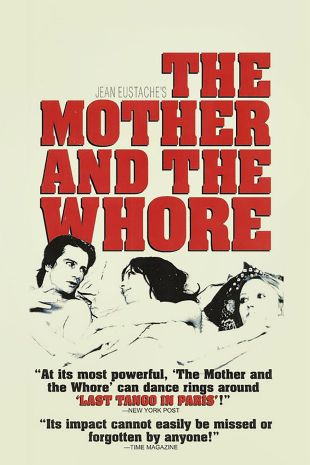
The Mother and the Whore (1973)
Directed by Jean Eustache
Genres - Drama, Romance, Comedy |
Sub-Genres - Psychological Drama, Urban Drama |
Release Date - Oct 5, 1973 (USA - Unknown) |
Run Time - 208 min. |
Countries - France |
MPAA Rating - NR
Share on
Synopsis by Leo Charney
One of the most important French films of the 1970s, Jean Eustache's marathon drama focuses on three twentysomething Parisians in a bizarre love triangle: Alexandre (Jean-Pierre Léaud) is a seemingly unemployed narcissist involved with both a live-in girlfriend (Bernadette Lafont) and a Polish nurse (Françoise Lebrun) whom he picked up at a café and with whom he begins a desultory affair. Clocking in at over 3 1/2 hours, the movie focuses less on plot than on the confused and ambivalent interrelations of these three lost souls. As such, it becomes a searing document of the aftermath of Paris's social and sexual revolutions of the Sixties, particularly the uprisings of May 1968. These characters know that they are supposed to be free and liberated, but they don't quite know how to go about it, or how to make it work in practice, and their efforts don't seem to make them any happier. In the guise of a plotless style seemingly borrowed from cinéma vérité documentaries, Eustache unfolds a critique of both the illusory liberations of his social moment and the dead-end heritage of his cinematic moment. By casting Jean-Pierre Léaud, an icon of the French New Wave who first made his name as the star of François Truffaut's pioneering The 400 Blows (1959), Eustache sets out to rewrite the conventions of a French New Wave that had changed from a revolutionary film movement into a formulaic mainstream style. Despite its deceptively rambling manner, the film effortlessly intertwines its characters' psychological dilemmas with a portrait of its cultural moment with a revision of a wide swath of film history from Truffaut's Jules and Jim to Jean Renoir's Rules of the Game to Ernst Lubitsch's Design for Living. This experimental classic is not for all viewers, but it's an unforgettable, and historically indispensable, experience for those who can stick with it.
Characteristics
Moods
Themes
Keywords
bohemian, Leftist, nurse, cafe, discussion, ex-girlfriend, French [nationality], lover, Parisian, sex
Attributes
High Artistic Quality, High Historical Importance
